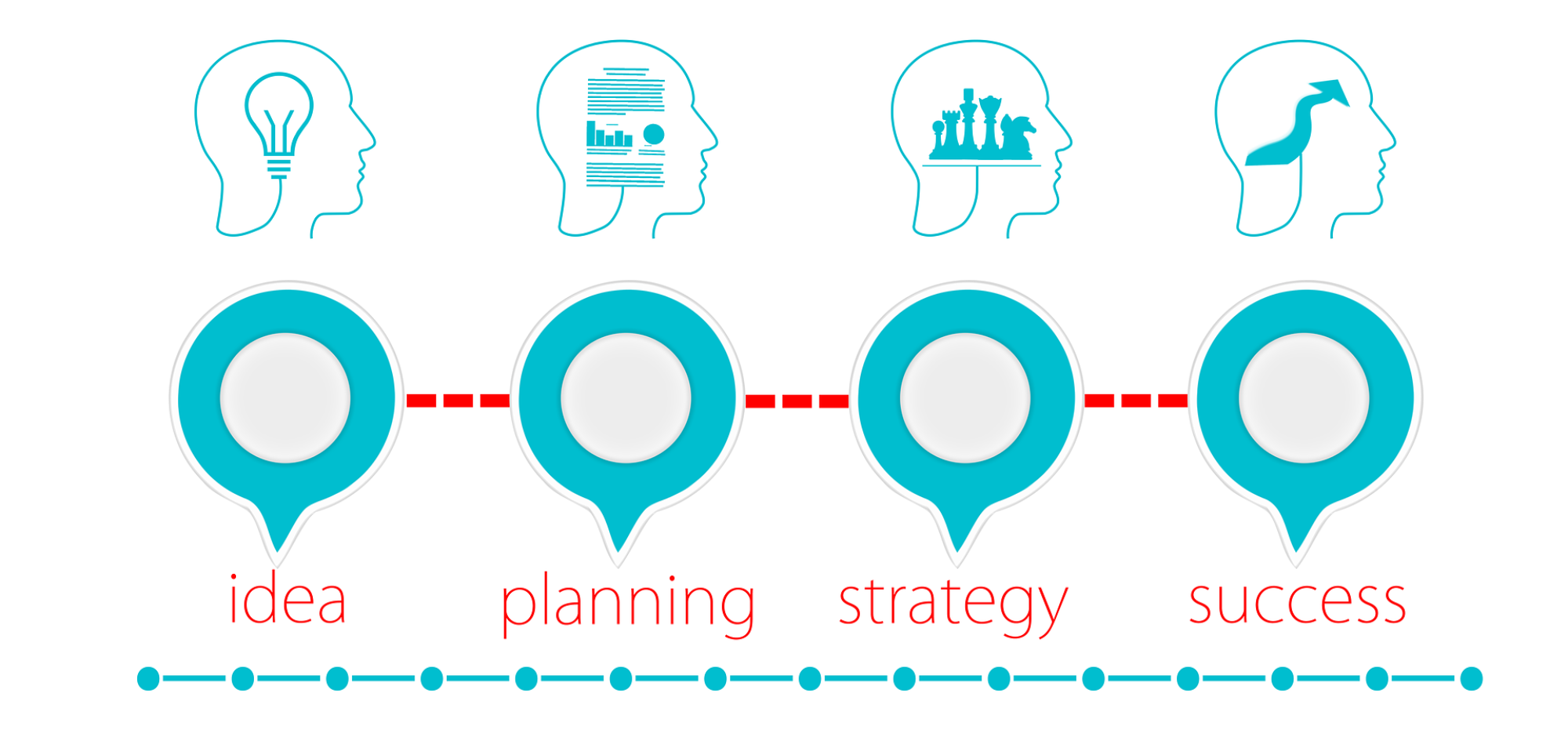If you’ve been reading up on personal finance for any length of time, you’ve probably heard about the importance of having a financial advisor. These trained professionals can help increase your savings, reduce your taxes and improve other facets of your finances. However, the job of a financial advisor is not an easy one to research.
Anyone can call themselves a financial advisor and there are many different types (e.g., fee-only vs. commission-based advisors). There are also numerous certification programs available, each with its own set of benefits and drawbacks. So how do you know if someone is right for you? That’s why we’ve put together this list of helpful tips that will help you find the perfect financial advisor for your needs.
Check for Licensing and Registration
The first step in hiring any professional is to ensure that they are properly licensed and registered to do the job. In the financial planning industry, numerous professional organizations oversee licensing and registration.
Research Background Check Companies
Once you have verified that your prospective advisor has the proper credentials, you can then move on to conducting a thorough background check. Some financial advisor firms that offer this service include:
a) Background checks will tell you about any previous financial issues, criminal history, bankruptcies, and disciplinary actions taken against advisors by regulators.
b) Another important thing to look for in a background check is the advisor’s experience and education level. You want to make sure that your advisor has the necessary experience to deal with your specific needs.
c) Some background check companies also offer the option of conducting a reference check, so you can talk to previous clients to find out what their experience was like with the advisor.
Pay Attention to the Pre-Interview Process
Once you’ve narrowed down your list of potential advisors and set up an interview, pay close attention to how the advisor treats you. After all, this is the person you will be working closely with for a long time.
• Does the advisor take the time to thoroughly understand your specific needs, or do they try to sell you generic advice that won’t apply to you?
• Is the advisor willing to work with you remotely, or do they insist that you come into their office?
• How thorough is the advisor’s explanation of your options?
• Do they rush through the process and gloss over important topics, or do they take time to thoroughly explain everything?
• Does the advisor seem genuine and honest or do they try to pressure you into making decisions too quickly?
The Bottom Line
Hiring a financial advisor is a big step for many people, especially if you’re not sure what to look for in a financial advisor. There are many different types of advisors, and the process of finding one that is the right fit for you can be daunting. However, by following the tips outlined in this article, you can make the process of hiring a financial advisor easier and more efficient.
